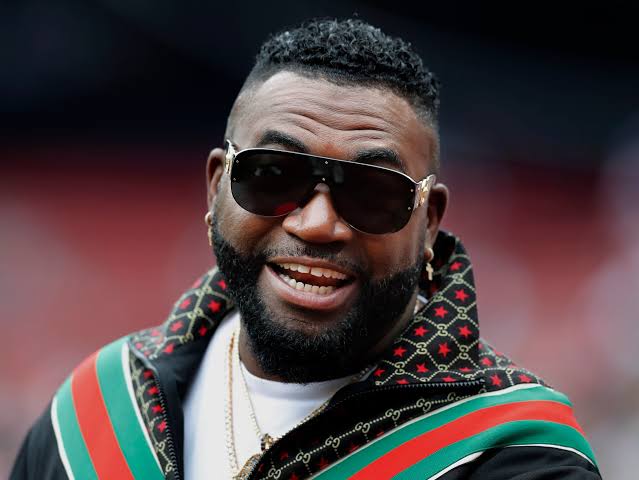
David Ortiz’s induction into the Baseball Hall of Fame in 2022 reignited discussions about the inclusion of players from Major League Baseball’s “Steroid Era.” Ortiz, affectionately known as “Big Papi,” was the sole inductee that year, despite lingering suspicions about his potential connection to performance-enhancing drugs (PEDs).
David Ortiz is a worthy Hall of Famer from baseball’s ‘steroids-era.’ There should be more.
The “Steroid Era,” spanning the late 1980s to early 2000s, was marked by widespread PED use, casting a shadow over numerous players’ careers. While some, like Ortiz, have been enshrined in Cooperstown, others with comparable or superior statistics remain excluded due to confirmed or alleged steroid involvement.
Notably, Barry Bonds and Roger Clemens, both with careers that would typically merit first-ballot Hall of Fame induction, have been repeatedly passed over. Their final year of eligibility with the Baseball Writers’ Association of America (BBWAA) concluded without induction, reflecting the ongoing reluctance to honor players associated with PEDs.
This selective inclusion raises questions about the Hall of Fame’s criteria and the consistency of its standards. Critics argue that the Hall’s mission to preserve baseball history should encompass all facets of the game’s evolution, including the “Steroid Era.” They contend that acknowledging these players, perhaps with contextual information about the era’s challenges, would provide a more comprehensive and honest representation of baseball’s past.
The debate continues as to whether the Hall of Fame should adopt a more inclusive approach, recognizing the achievements of players from the “Steroid Era” while educating fans about the complexities of that period. Such a shift could ensure that the Hall remains a true reflection of baseball’s rich and multifaceted hist ory.






